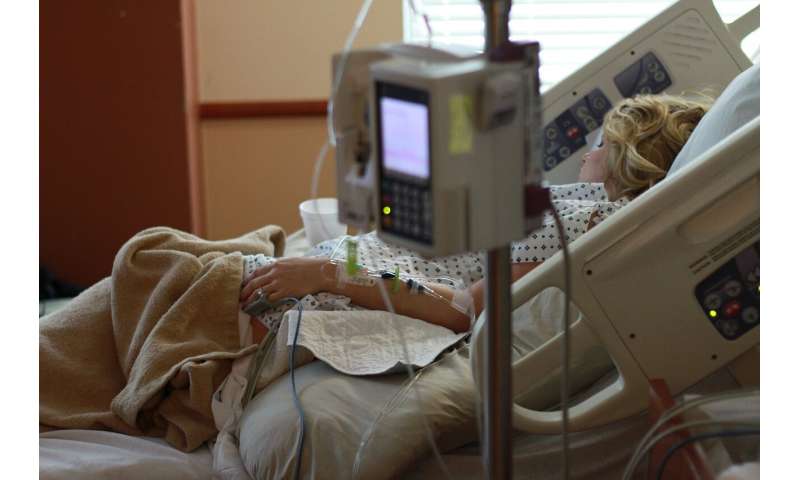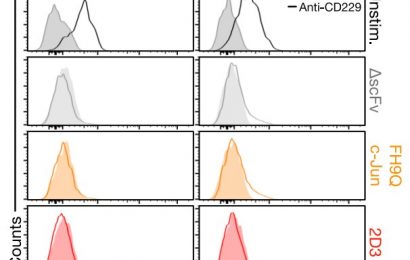
Excessive opioid prescriptions following childbirth may lead to higher rates of addiction within communities, according to a new report in The Journal of the American Osteopathic Association. A significant correlation exists between the number of pills supplied and the continued use or abuse of opioids.
Currently, no national guidelines exist for physicians who prescribe opioids to women after childbirth. The new research reveals patients who are prescribed opioids after a vaginal delivery received significantly more pills than were used, with an average of 10 pills remaining. Patients prescribed opioids after a cesarean section had an average of 7.5 unused opioid pills.
“We must prioritize the health of the mother and the community that cares for that child by rethinking the number of opioids given to patients,” said Danielle Prentice, DO, an OB-GYN and lead author on the study. “These findings do not minimize the pain women feel postpartum or dispute that physicians are best suited to prescribe appropriate pain medication, but rather act as a call to action to rethink our standard prescribing practices, which are often out of line with a new mom’s needs.”
Preventive measures needed
The first exposure to opioids for many women of reproductive age is childbirth. The risk of persistent opioid use after the postpartum period is associated with a single prescription, regardless of the drug delivery route.
The mean number of unused opioids across the study was 9.1 pills; however, only 5% of the patients disposed of the unused opioid pills properly. The site of the research study, a community hospital in Oklahoma, averages approximately 1,200 deliveries per year.
“The problem is two-fold,” says Dr. Prentice. “Women receive limited guidance about the risks of opioid misuse during a highly stressful period in their lives. Meanwhile, leftover pills—of which there are many—are available and end up circulating throughout their community.”
Source: Read Full Article


